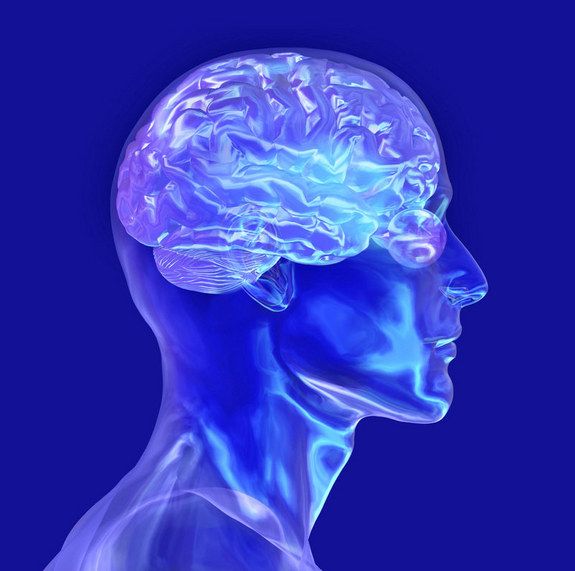Menopause Hormone Use Not Linked with Cognitive Problems

Women who start taking hormone replacement therapy in their early 50s do not appear to be at increased risk of cognitive problems later in life, a new study suggests.
In the study, menopausal woman ages 50 to 55 who took a common form of hormone replace therapyfor about seven years were no more likely to have cognitive problems in their 60s (such as attention and memory problems) than those who took a placebo.
The findings contrast with those of an earlier study that found that women in their mid-60s who took hormone replacement therapy were at increased risk for cognitive problems.
The results should reassure women in their 50s takinghormone replacement therapy, said study researcher Mark Espeland, of the Wake Forest School of Medicine in Winston-Salem, N.C. The form of hormone replacement therapy in this study involved drugs known as conjugated equine estrogens.
Hormone replacement therapy is taken to relieve symptoms of menopause, including hot flashes. The average age for menopause in the United States is 51, according to the Mayo Clinic.
Because hormone replacement therapy comes with risks, including an increased risk of breast cancer, it should be given on a case-by-case basis. Women who do start hormone replacement therapy are encouraged to try the smallest dose for the shortest amount of time, said Dr. Jennifer Wu, an ob-gyn at Lenox Hill Hospital in New York, who was not involved with the study.
Some studies suggest that if hormone replacement therapy is given during a certain time period — a "window of opportunity" — it may reduced the risks of some chronic health conditions, such as heart disease. However, the new study found no evidence for a cognitive benefit linked with hormone replacement therapy.
Sign up for the Live Science daily newsletter now
Get the world’s most fascinating discoveries delivered straight to your inbox.
"They used to think that estrogen kept the brain young, and that people would do better if they had estrogen throughout their lives," but recent studies do not support this, Wu said.
The new findings mean that, because cognition does not appear to be helped or harmed by hormone replacement therapy, "you can take it out of your risk-benefit equation," Wu said.
Many women in the new study had been in menopause for a number of years before they started hormone replacement therapy, so more research is needed to examine cognitive function among women who start hormone replacement right when they enter menopause, the researchers said.
The study is published today (June 24) in the journal JAMA Internal Medicine.
Follow Rachael Rettner @RachaelRettner. Follow LiveScience @livescience, Facebook & Google+. Original article on LiveScience.com.

Rachael is a Live Science contributor, and was a former channel editor and senior writer for Live Science between 2010 and 2022. She has a master's degree in journalism from New York University's Science, Health and Environmental Reporting Program. She also holds a B.S. in molecular biology and an M.S. in biology from the University of California, San Diego. Her work has appeared in Scienceline, The Washington Post and Scientific American.










